By Athena Macatangay
And just like that, Singapore is approaching the end of its national circuit breaker.
These days, my university dorm has become my little universe. With COVID-19 showing no signs of abating, my schoolmates and I have been spending our semester break indoors. All the action takes place within the four walls of my room, where I clock my hours at a virtual internship, read, exercise and FaceTime with friends and family.
Though I can no longer hit the gym or eat out with friends, my quality of life remains intact. After all, I have the same access to all the creature comforts like shelter, food, water, electricity—and above all, WiFi. As such, on more than one occasion, I've caught myself thinking that if social distancing is as bad as it gets, then I don't have it so bad. Yet whenever I have such thoughts, I become acutely aware that I am viewing things from a place of privilege.
Hi, I'm Athena, an international student from the Philippines. Two years ago, when I left home to pursue my undergraduate studies at the Singapore Management University, I stepped into a very different world. Today, I see not only the vast difference in living standards between both countries, but also how a pandemic like COVID-19 makes that contrast more painfully apparent.
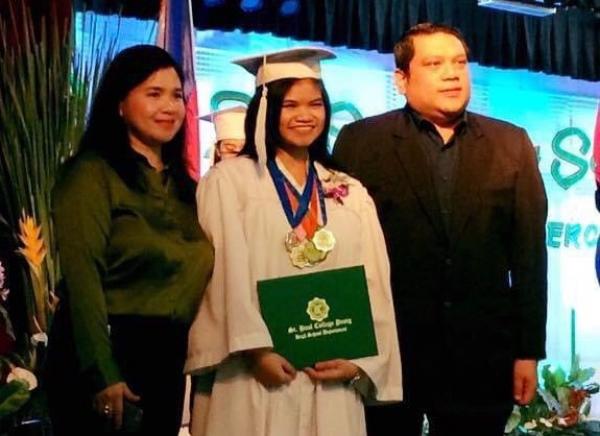
Athena and her parents at her high school graduation ceremony in the Philippines, April 2018.
In the Philippines, social distancing for the working class is not an option. About 38 per cent of this demographic comprises informal workers who rely on daily wages to survive, and who live in packed compounds where social distancing is both an impracticality and impossibility. These vulnerable citizens are the construction workers I used to pass by on my way to school years ago; the security guards and cleaning personnel; the vendors outside my home who sold me my favourite Filipino street foods. Now, with the majority of the country in lockdown, many of them are at risk of going hungry.
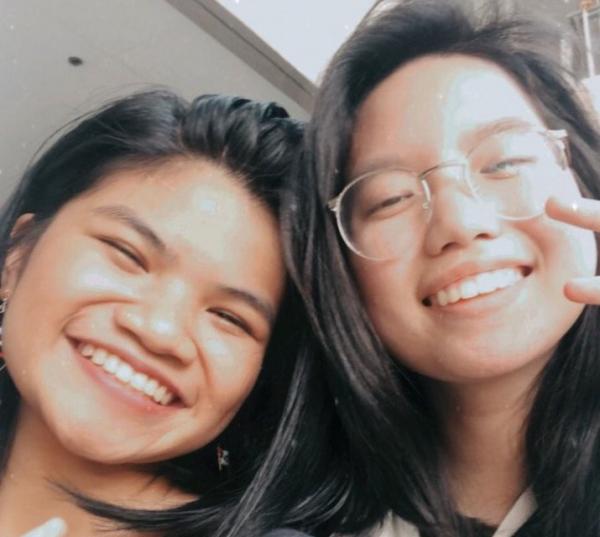
Athena and her best friend from the Philippines.
Having grown up in a developing country and seen first-hand how the working-class communities live, I feel fortunate to be in Singapore, where government and civil society are making commendable efforts to fight the pandemic while also safeguarding the welfare of vulnerable groups. In my opinion, compared to many other places in the world, including the Philippines, we have it really good here. But not all of us recognise our privilege.
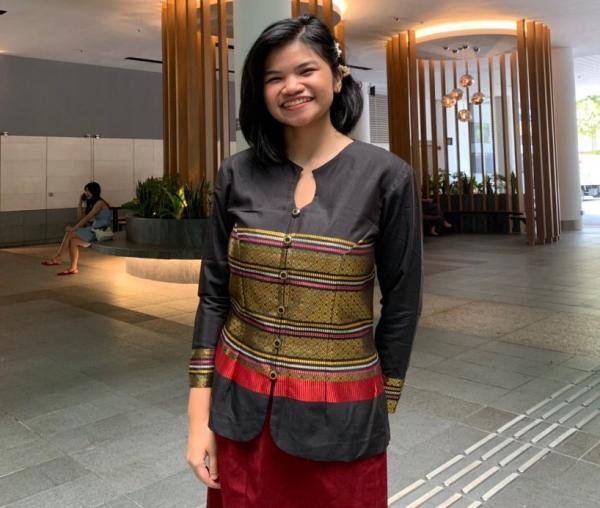
Athena wore a traditional Filipino costume when she took part in SMU’s international parade, September 2019.
In my view, when we fail to recognise our privilege, we tend to make judgements based on our own limited experiences and worldview, and are less likely to empathise with those in different circumstances. Sometimes, this leads to insensitive remarks and discriminatory behaviour.
On social media, a number of famous Internet personalities and celebrities have made made elitist and ignorant comments. In a post that went viral, Cat Arambulo-Antonio, a well-known influencer from the Philippines had lashed at "hardheaded" people for flouting community quarantine, most of them minimum-wage workers. She has since issued a formal apology.
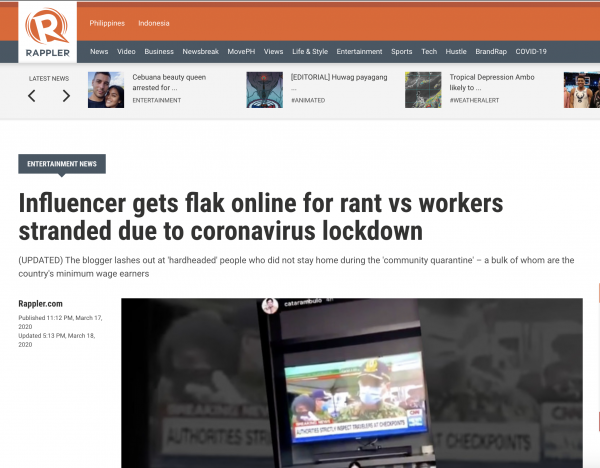
Screengrab from Rappler article
In another incident not too long ago, Madonna posted a video message for her fans on social media. From a milky bath sprinkled with rose petals, she called the novel coronavirus "the great equalizer", and added that she and the rest of the world "are all in the same boat." This sparked a flurry of negative comments from netizens who called the singer out for her privilege and for "romanticising the tragedy". One Instagram user wrote: "Sorry my queen, love u so much, but we're not equal. We can die from the same diseases, but the poor will suffer the most."
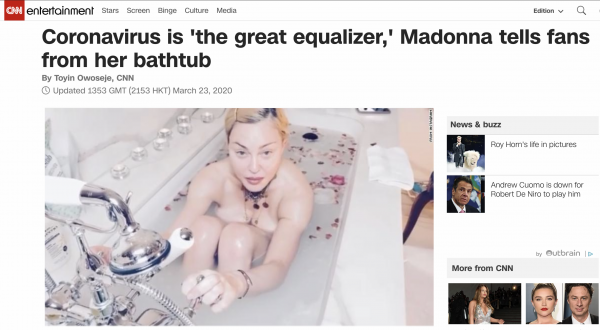
Screengrab from CNN article
What Cat Arambulo-Antonio and Madonna may have overlooked is the reality that many people around the world lack even the bare essentials and cannot afford the luxury of social distancing—much less so, from a petal-filled bathtub.
In times of a global pandemic, out-of-touch remarks and discriminatory behaviour do nothing to help the situation. Instead, they create a wider gulf between people and encourage ignorance and hostility. It is thus increasingly important for us to be aware of our privilege and cultivate empathy for other communities, especially vulnerable groups and low-income households.
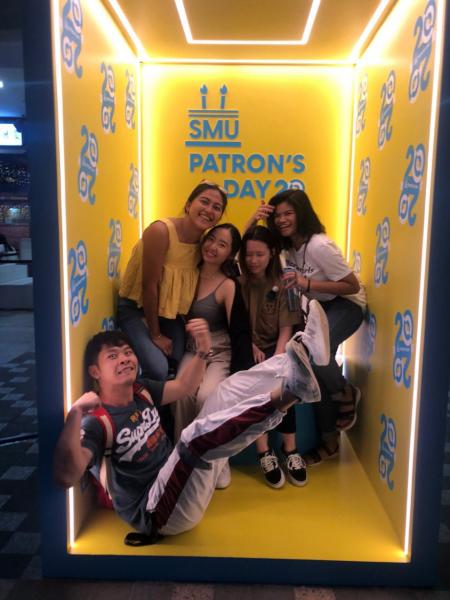
Athena and friends and at SMU Patron’s Day 2020.
So while it may be true that factors like gender, race, age or socioeconomic status do not prevent anyone from contracting COVID-19, not everyone's experience during the pandemic will be the same. Despite what Madonna will have us believe, we are not all in the same boat.
Until a safe vaccine is available, vulnerable communities will continue to bear the brunt of its impact. As for more fortunate individuals like myself, the least I can do is to recognise my privilege.
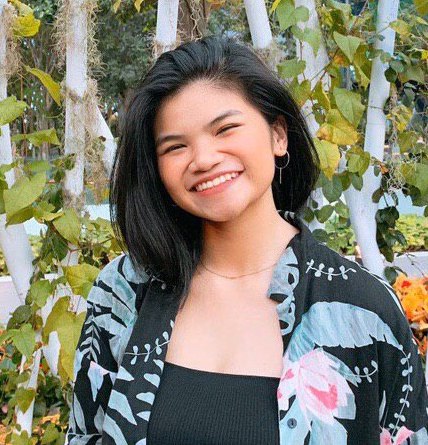 |
Athena Macatangay is an international student at the Singapore Management University's Lee Kong Chian School of Business. Originally from the Philippines, she contributes her talents in graphic design and illustration to Social Space's Student Committee. In her free time, Athena loves to read and paint, and is passionate about the environment and serving the community. Through content creation, she hopes to bring awareness to social issues and inspire change. She can be reached at amacatangay.2018@business.smu.edu.sg |








Comments